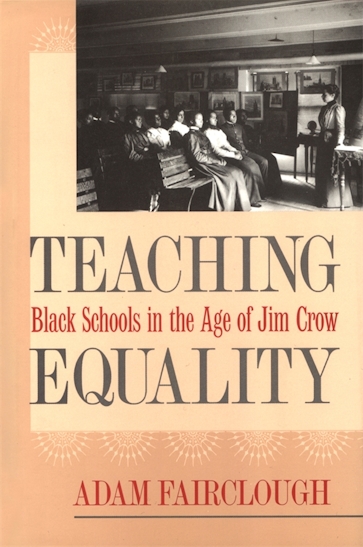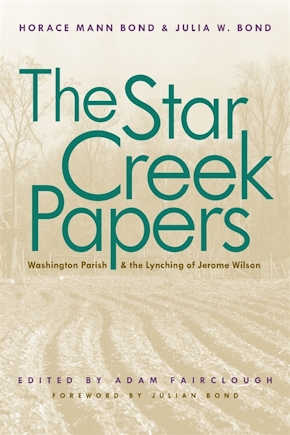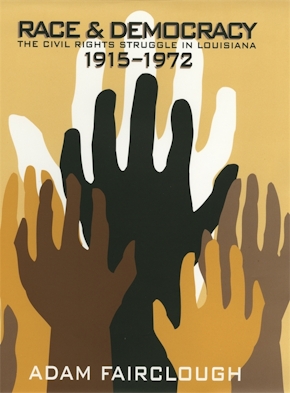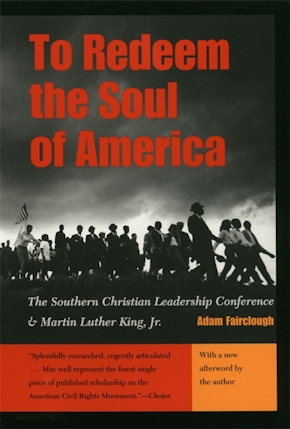Teaching Equality
Black Schools in the Age of Jim Crow
Title Details
Pages: 120
Trim size: 5.500in x 8.250in
Formats
Paperback
Pub Date: 05/15/2016
ISBN: 9-780-8203-5039-4
List Price: $25.95
Hardcover
Pub Date: 02/01/2001
ISBN: 9-780-8203-2272-8
List Price: $120.95
Related Subjects
Teaching Equality
Black Schools in the Age of Jim Crow
Skip to
- Description
- Reviews
An impressive sampling of primary and secondary sources that both scholars and general readers will find useful.
—North Carolina Historical Review
In three essays, Fairclough evaluates the actions of African American educators from 1877 to 1954 in the southern US. First he considers the work of black teachers during the last part of the 19th century. Then he looks at the role played by Robert R. Moton, who succeeded Booker T. Washington as president of Tuskegee Institute. Third, he considers the work of African American teachers during the 20th century before the Brown decision. In each essay, Fairclough acknowledges that many people point to these individuals as leaders in the campaign for racial equality. However, he notes that some people claimed that these same educators hampered the Civil Rights Movement. Fairclough's contribution is to demonstrate that both opinions may be true: while black educators affirmed the ability of African American students to master academic knowledge, they avoided political demonstrations of their beliefs.
—Choice



